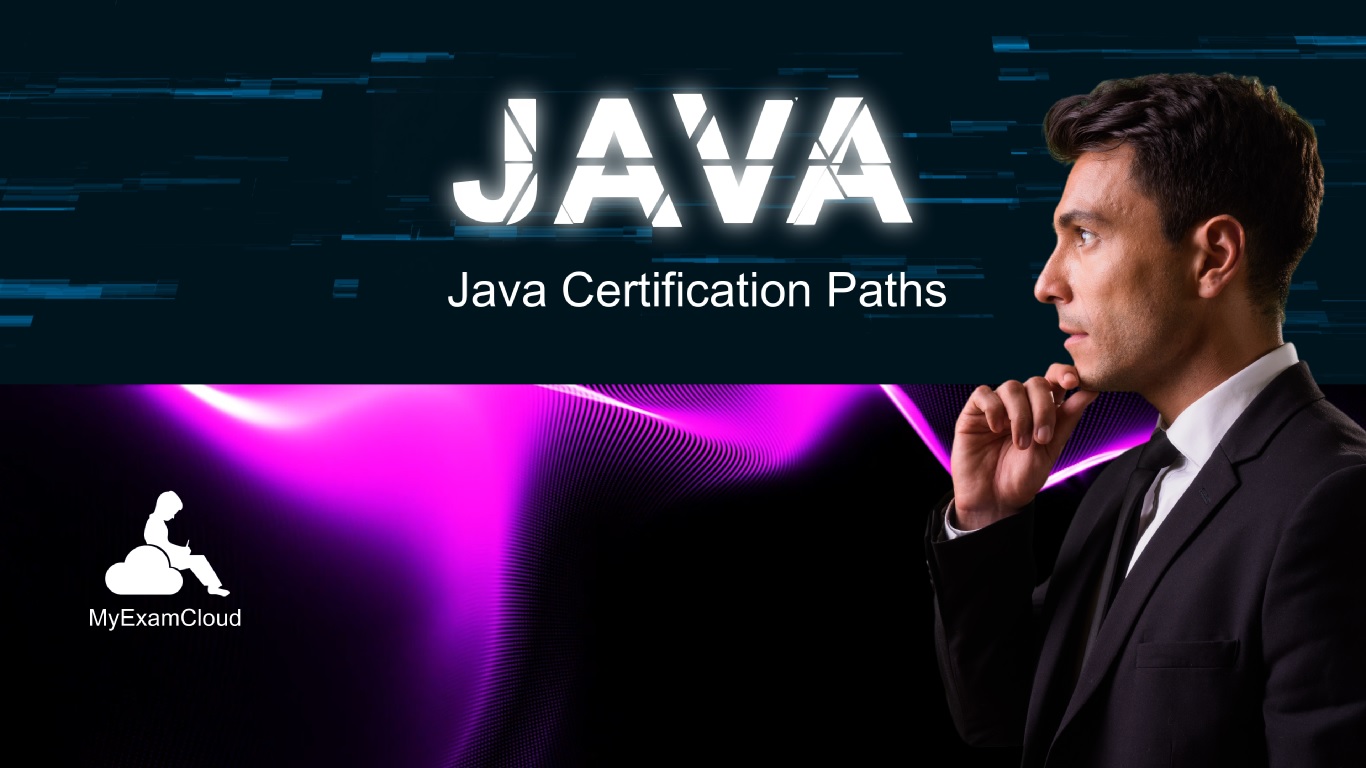
Java Certification Paths: How to Develop In-Demand Programming Skills
Java, being one of the most popular programming languages in the world, offers many opportunities for developers to build in-demand skills and advance their careers. With technology evolving at a rapid pace, it is crucial for Java developers to stay updated with the latest developments and techniques to remain competitive in the job market.
This is where Java certification comes in. Oracle, the creator of Java, offers a variety of certification paths for developers to enhance their Java knowledge and skills. These certifications not only validate one's expertise in Java but also demonstrate a commitment to continuous learning and development.
So, let's take a look at the different Java certification paths offered by Oracle and why they are beneficial for developers.
Java EE and Web Services
The Java EE (Enterprise Edition) and Web Services certification path is targeted for intermediate to advanced-level Java developers. It focuses on developing and deploying web-based applications using Java EE 7 technology. This includes writing JavaScript, using JSPs, JSFs, and servlets to create web user interfaces, and handling business logic.
The Oracle Certified Professional, Java EE 7 Application Developer certification exam evaluates a developer's ability to understand Java EE architecture, manage persistence using JPA entities and Bean Validation, implement business logic using EJBs, create Java web applications using servlets and JSPs, and more.
This certification is especially valuable for developers working in web development and enterprise application development, as it demonstrates proficiency in the latest Java EE 7 technology.
Java SE
The Java SE (Standard Edition) certification path is designed for Java developers who want to showcase their skills in developing applications using the Java programming language. This certification offers multiple levels, including the Associate and Professional levels.
The Oracle Certified Associate, Java SE 8 Programmer certification is an entry-level certification that covers the fundamental concepts of Java programming. It is aimed at beginners or individuals with limited programming experience. The exam evaluates one's ability to write Java code, understand objects and data types, work with arrays and control structures, and more.
The Oracle Certified Professional, Java SE 8 Programmer certification is for experienced Java developers who want to advance their careers. This exam covers advanced Java concepts such as lambdas, streams, and modularity.
The Java Certified Foundations Associate certification is targeted towards students and individuals who are just starting their Java programming journey. It covers the fundamental concepts of Java and is recommended for those who have completed Java courses or are studying computer science.
For those looking to prove their proficiency in Java SE 11, the Oracle Certified Professional: Java SE 11 Developer certification is ideal. This certification requires passing an exam and demonstrates a deep understanding of Java, including its latest features.
Lastly, for individuals looking to prove their skills in Java SE 17, the Oracle Certified Professional: Java SE 17 Developer certification is available. This certification also requires passing an exam and validates knowledge and skills in the latest version of Java.
These certifications provide a solid foundation for developers to build upon and showcase their competence in Java programming to potential employers.
Benefits of Oracle Java certification
1. Enhance your credibility and marketability
Earning a Java certification demonstrates a developer's commitment to their profession and validates their expertise in Java. It also differentiates them from their peers and makes them stand out in a crowded job market. Additionally, having a certification can increase your chances of getting hired and improve your earning potential as well.
2. Gain in-depth knowledge and skills
The Oracle Java certification exams cover a wide range of topics and techniques, providing developers with a comprehensive understanding of Java technology. This not only allows them to become more proficient in their work but also helps them stay updated with the latest advancements in the Java ecosystem.
3. Hands-on experience with cutting-edge tools and techniques
Preparing for a Java certification exam requires practical training with the latest tools and techniques used in the industry. This hands-on experience is invaluable for developers as they get to work on real-world scenarios and challenges, which further strengthens their skills.
4. Improve your problem-solving abilities
The certification exams are designed to test a developer's problem-solving skills, which are crucial for success in the tech industry. By preparing for these exams, developers can improve their ability to analyze and solve complex problems, a skill that is highly valued in the job market.
5. Access to a vast community and resources
Oracle's Java certification program has a vast community of developers and resources available for candidates to prepare for the exams. This includes study guides, practice exams, online training, and more. These resources can be beneficial for developers to learn and stay updated with Java technology.
Final thoughts
In today's competitive job market, it is essential for Java developers to continuously update their skills and knowledge. Oracle's Java certification program provides a structured and recognized path for developers to do so. With multiple levels and paths to choose from, developers can select the one that best suits their career goals. So, if you want to boost your career as a Java developer and stand out in the market, consider getting Oracle certified.
Java Certification Practice Tests MyExamCloud Study Plans
| Author | JEE Ganesh | |
| Published | 1 year ago | |
| Category: | Java Certification | |
| HashTags | #Java #Programming #JavaCertification |


